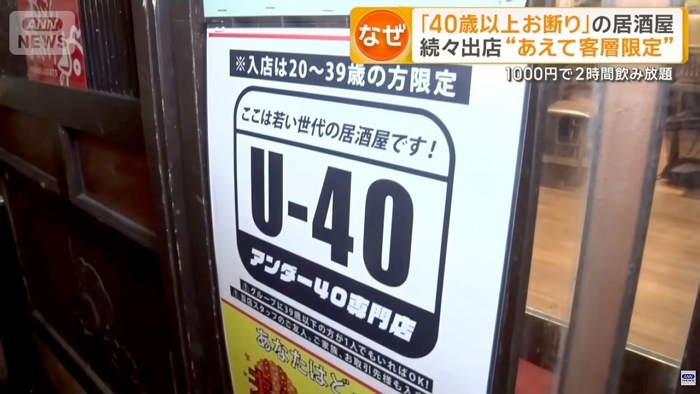China’s online store is becoming increasingly dominated by AI-powered clones that never tire of trying to sell you things and can literally work 24 hours a day, 7 days a week.
The Chinese online shopping scene is very different than what we’re used to in the West. Live streaming is by far the most lucrative marketing channel these days, with popular influencers on platforms like Taobao and Douyin able to close massive deals in just a few hours every day. However, these crazy achievements come at a cost for businesses and brands. It takes time and money to train a great online seller, and there is nothing stopping them from reaching an agreement with competitors, leaving you no option but to restart the process. Having camera crews and assistants around during the live stream also adds to the expenditures, and last, but definitely not least, every top influencer has to sleep at some point. That’s where AI-powered avatars come in…

MIT Technology Review recently published an article on the rise of AI clones on the Chinese online sellers’s scene. It starts with the observation that even in the middle of the night, many popular channels on Taobao, Douyou, or Kuaishou are still active, with young, energetic sellers trying to sell viewers all kinds of goods. But a closer look at these sellers reveals some inconsistencies in the way they sound and how their lips move. These are not real people, but AI-generated deepfakes that happen to be very good at their jobs.
“If a company hires 10 livestream hosts, their skill levels are going to vary. Maybe two or three streamers at the top would contribute to 70% to 80% of the total sales,” says Chen Dan, the CEO of an AI-specialized company. “A virtual livestream host can replace the rest—six or seven streamers that contribute less and have lower ROI [return on investment] rates. And the costs would come down significantly.”
The top online sellers in the Chinese livestream marketing scene are still miles better than any AI-powered avatar in terms of sales, but for many companies, it just makes more sense to spend a bit of money at the beginning and just automate the job. the costs are lower, sellers can work 24/7 and they actually do sell stuff. Generating a basic AI clone now costs about 8,000 yuan ($1,100) which includes a year of free technical maintenance, but more advanced clones can actually cost several thousands of dollars.
The scripted audio is now generated by AI-powered software, so all humans have to do is input the name and price of the product being sold, and let the clone do the rest. It’s the perfect way to achieve ‘降本增效’, the hottest buzzword in Chinese marketing these days, which translates to ‘lower costs and improve efficiency’.
Can you tell this influencer selling you a cosmetic product is not real, but an AI-generated avatar? Chinese e-commerce sellers have started to deploy deepfakes like this to livestream 24/7. All it costs is $1000 and a 1-minute training video. https://t.co/w7YPJvTB4G pic.twitter.com/0Mb2VydWXH
— Zeyi Yang (@ZeyiYang) September 21, 2023
Online commerce is only the latest niche to be taken over by AI. Virtual influencers powered by artificial intelligence and realistic-looking AI news anchors have already ben around for a while now.












